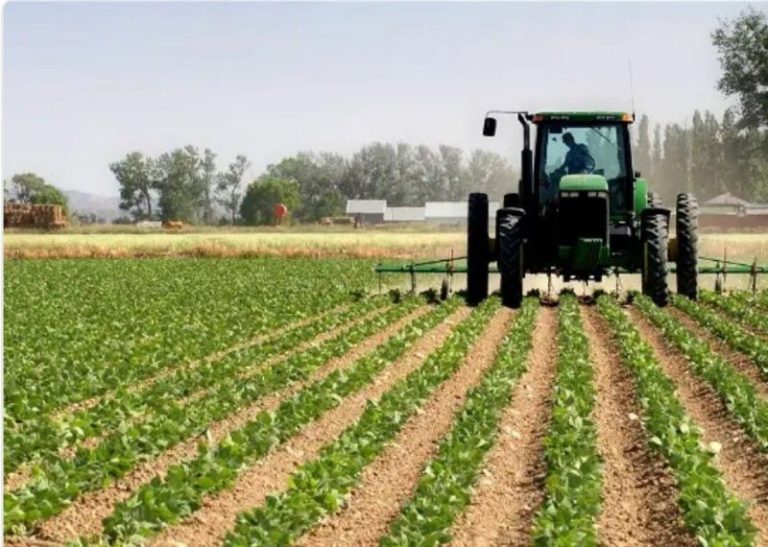The Federal Government has reaffirmed its commitment to increasing agricultural productivity sustainably by developing climate-resilient and disease-tolerant crops capable of withstanding pests, diseases, and extreme weather conditions.
The Minister of State for Agriculture and Food Security, Sen. Aliyu Abdullahi, gave the assurance on Thursday at the opening of the 47th Regular Meeting of the National Council on Agricultural and Food Security (NCAFS) held in Kaduna.
The 2025 NCAFS is themed “Food Sovereignty and Food Security in an Era of Renewed Hope.”
Abdullahi said the government was addressing the major challenges confronting Nigeria’s agricultural sector by providing clear policy direction and a strategic roadmap for implementing key programmes and projects.
He listed some of these initiatives to include the recapitalisation of the Bank of Agriculture (BOA), the Renewed Hope Agricultural Mechanisation Programme, and the Dry Season Farming Initiative, which targets 500,000 hectares of all-year-round cultivation.
According to him, the government is also working to make farm inputs more accessible and affordable, while strengthening gender-responsive extension services, credit access, and training on climate-smart and mechanised farming.
The minister added that the administration had adopted the Renewed Hope Cooperative Reform and Revamp Programme, a comprehensive framework built on seven strategic pillars to reposition the cooperative sector for financial inclusion and agricultural growth.
“It is pertinent to note that our country has opportunities to radically transform its food production systems and contribute significantly to regional food security,” Abdullahi said.
He noted that Nigeria, which has the largest agricultural potential in West Africa, is determined to reduce import dependence, strengthen market confidence, and revive agribusiness to become a leading food supplier in the sub-region.
Abdullahi said the NCAFS meeting was convened to develop actionable strategies that would strengthen national unity in combating hunger, malnutrition, and poverty while advancing food and nutrition security.
He emphasised that these efforts align with President Bola Tinubu’s Renewed Hope Agenda, which prioritises food sovereignty and food security as key pillars of national development.
“To achieve food self-sufficiency, we must reach the full production potential of major staple crops such as maize, wheat, sorghum, millet, soybean, cassava, yam, cowpeas, and potatoes,” he said.
The minister also underscored the importance of climate-smart agriculture, noting that it would sustainably boost yields while promoting adaptation and mitigation practices in crop, livestock, and fisheries production.


